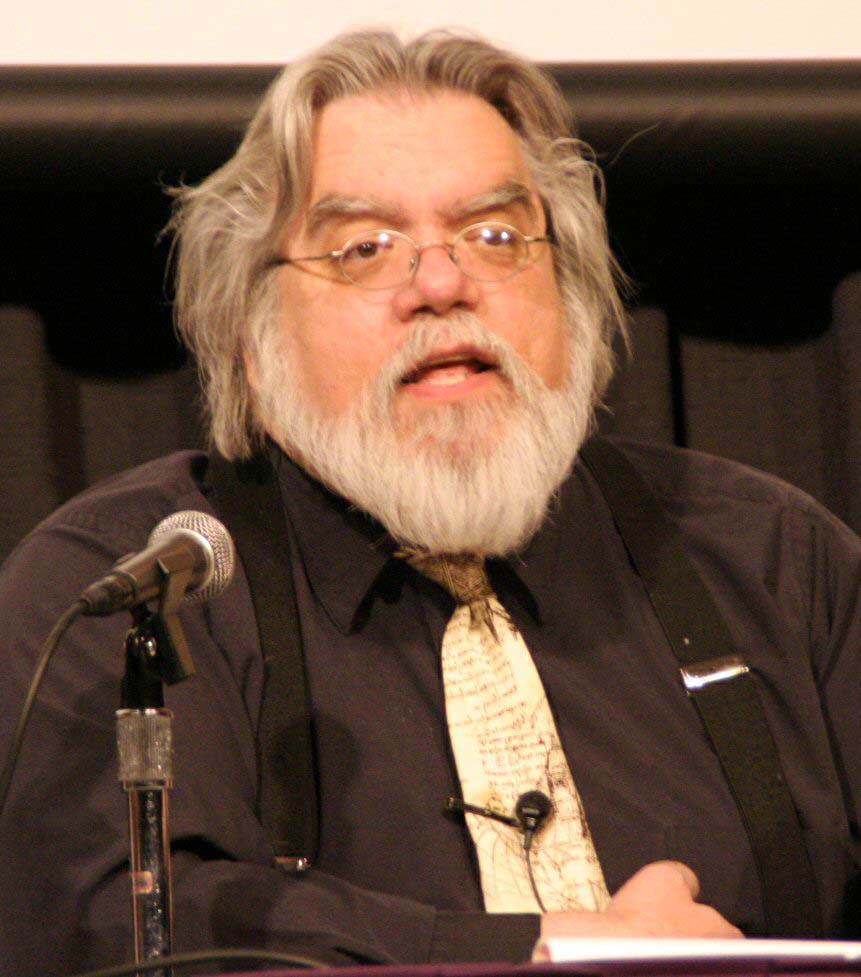


I drew a map of Innsmouth right after reading this story for the second time, and I can still see the sawgrass in the rusting Rowley spur line if I think about it. Although one almost wishes that Norman Spinrad's alternate Adolf Hitler, the SF author of The Iron Dream, had written a Cthulhu Mythos story, just for the sheer glandular extremity of it.įor me, by the way, this story is Lovecraft's greatest use of setting - and Lovecraft was an absolute master at setting. Lovecraft can express empathy with Olmstead without sympathy, just as one could write a story told from the perspective of a genteel Rhode Island racist without being one.Īnd let's not get into the rough waters of the pure-blooded Pacific islanders defeating the Deep One-Kanak hybrids with the "Old Ones'" swastika signs. On the other hand, I think we can also read this as Lovecraft attempting to get into the head of someone who surrenders to the Reality, rather than being truly conquered or destroyed by it as most of his protagonists are. To an extent, this might also be true of Lovecraft, given that the ending of this story has Olmstead, the protagonist, welcoming the kind of miscegenation that is supposedly one of HPL's unbreakable taboos. But this story shows a firm grasp on the principles of anthropology (and sociology, and how life functions in small towns) that one wouldn't have expected from the insular Lovecraft.įar more importantly and convincingly, Price analyzes the tale as a vision-quest, a coming-of-age ordeal ritual, which I have to say is pretty dead-on. I tend to discount various breathless accounts of Lovecraft's immense intellect, because as a partial autodidact myself, I know just how easy an immense intellect is to fake. Of course, HPL likely picked this inversion up from Theosophy, which he had begun reading to get ideas for deep time stories, and which had formulated the same subversive narrative of Britain and India. All this, of course, thirty years before the mechanism of the Cargo Cult was at all understood in American academia. Lovecraft's story brilliantly inverts the colonialist understanding of the Cargo Cult by demonstrating that the Other (the non-white, the "Kanak," the foreign) is the far more sophisticated myth, one with a better claim both on the past and the future than white Massachusetts Protestant Christianity. We tend to oversimplify Cargo Cults as the pieces broken off by a clash between "forward-looking" modernity and "backward-looking" primitivism, when in fact, they are the patterns formed by an overlap between two world-views, both of which have firm myths of their origins and of their end states. Among other things, Price makes the point that Obed Marsh is the prophet of a Cargo Cult, one which implicitly casts Lovecraft's New England as a primitive backwater. Price's introduction to The Innsmouth Cycle. I don't think there's a better structural analysis of this story to be had than Robert M.


 0 kommentar(er)
0 kommentar(er)
